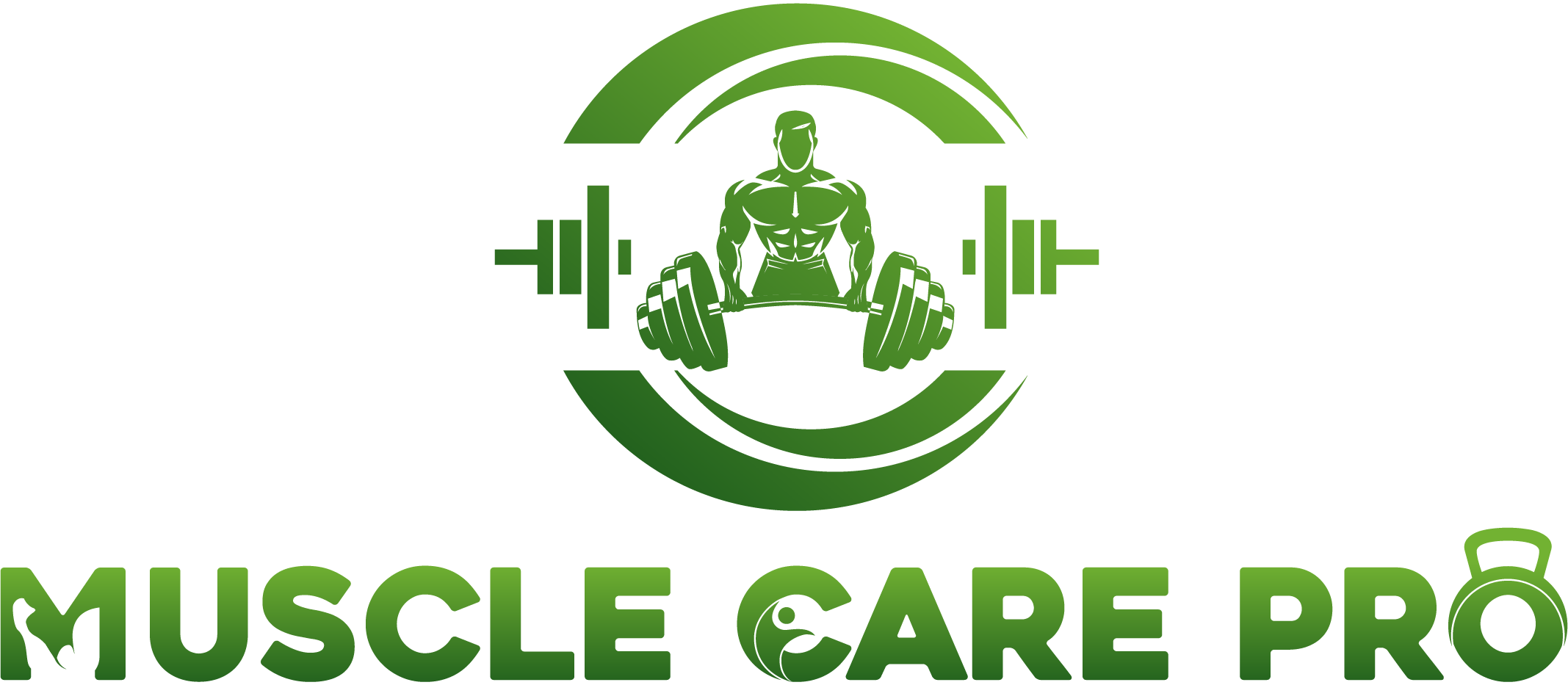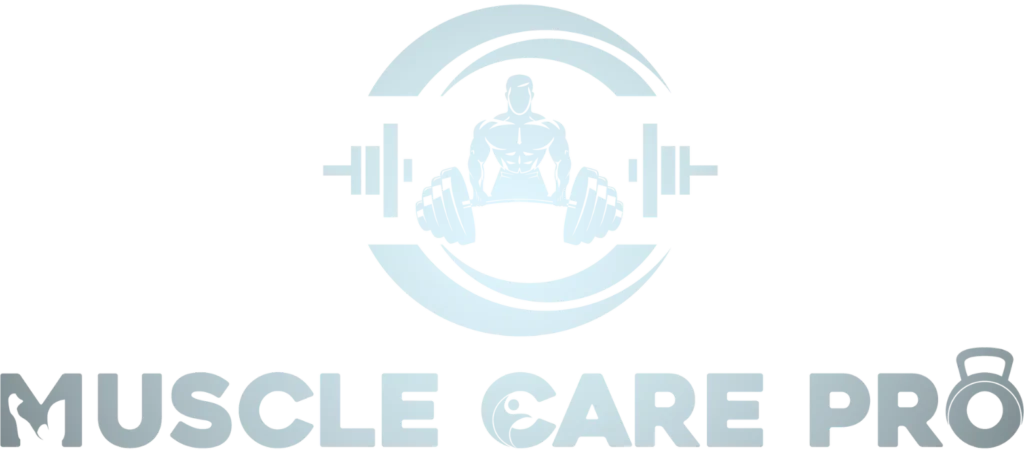How fast can you lose muscle?
Decreased muscle mass can be a problem for athletes, fitness-related people, and people looking to preserve their strength and mobility. Knowing how fast can you lose muscle helps in understanding how to avoid and take measures. This write-up goes deep into the causes of muscle loss, ways to prevent it, how to preserve the gains you worked so hard for, and exercise activities to do.
What is Muscle Atrophy?
The term muscle atrophy describes the loss or reduction of muscle mass. This condition may happen for several reasons including, excessive lack of physical activity, malnutrition, or other medical illnesses. One must investigate the underlying causes of muscle wasting to answer the question, how fast can you lose muscle?
Types of Muscle Atrophy
This happens when there is no activity of muscles, for example, due to long resting on bed or injury.
Neurogenic Atrophy
Inactivity refers to the absence of muscle use due to external forces or change, for instance, bed rest and inactivity due to injury.
Factors Influencing How Fast You Can Lose Muscle
Physical Inactivity
The foremost reason attributed to loss of muscle mass is lack of physical activity. Studies show that there is a loss of muscle mass that can be easily observed in the period of 2-3 weeks of inactivity but this is dependent on a variety of factors.
Dietary Habits
Dietary protein is essential in the protection of muscle from breakdown. It is very difficult to maintain muscle mass with a very low protein intake diet as there is rapid muscle breakdown, thus highlighting the need for a proper diet.
Age
However, as one advances in age, this process of muscle mass loss, medically known as sarcopenia gets more aggravated. This process is usually evident from the age of thirty years but its acceleration begins after the age of sixty years.
Illness or Injury
Illnesses and even injuries affect one’s ability to lose muscle mass in a short time. For instance, the muscles of bedridden patients at a specific period will undergo some level of muscular atrophy.
Timeline: How Quickly Does Muscle Loss Happen?
The First Week
It only takes about a week of not putting the muscles to work before muscle wasting begins to set in, and this rate varies with fitness level.
Two to Three Weeks
At this point, the amount of muscle and strength a person possesses begins to reduce quite drastically, especially in the absence of any form of resistance training.
One Month and Beyond
Some levels of inactivity can be unhealthy and can contribute to great loss when it comes to muscles. With a span of about a few months of immobility, it has been documented that about 30% of muscle details can be lost.
Preventing Muscle Loss
Maintain an Active Lifestyle
Consistent physical activity is the most plausible remedy for the prevention of muscular wastage. The inclusion of resistance training helps in keeping the muscles engaged.
Key Exercises to Combat Muscle Loss
- Iron exercise
- Extermination chores such as floor push-ups
- Bodily activities like sit-down cycles
Optimize Nutrition
Muscle Health is promoted by a protein, vitamins, and minerals-rich diet. Foods like these should be included:
- Lean cuts of meat
- Eggs
- Beans cylindrical
- Dairy or milk-based products
Rebuilding Lost Muscle
In case you have lost some muscles, do not despair, as it is possible to make a comeback if one is willing to put in the work!
Strength Training
Include multi-joint exercises i.e. deadlifts, squats, and bench presses for rebuilding lost muscle.
Adequate Protein Intake
According to the suggestions, a minimum of 1.6 grams, and a maximum of 2.2 grams of protein should be consumed for every kilogram of an individual’s body mass on a daily basis.
Role of Hormones in Muscle Loss
Muscle retention is greatly affected by hormones including testosterone and growth hormone. When the levels are low, they can hasten the rate of muscle loss.
Boosting Hormone Levels Naturally
- Make sure to get adequate rest.
- Learn how to deal with stress.
- Include beneficial types of fats in your meal.
The Impact of Cardio on Muscle Loss
Overdoing cardiovascular exercises can lead to the degradation of muscles. Undoubtedly, cardio helps a lot in health matters, but it is recommended that one balance it with weight training to keep from losing muscle mass.











